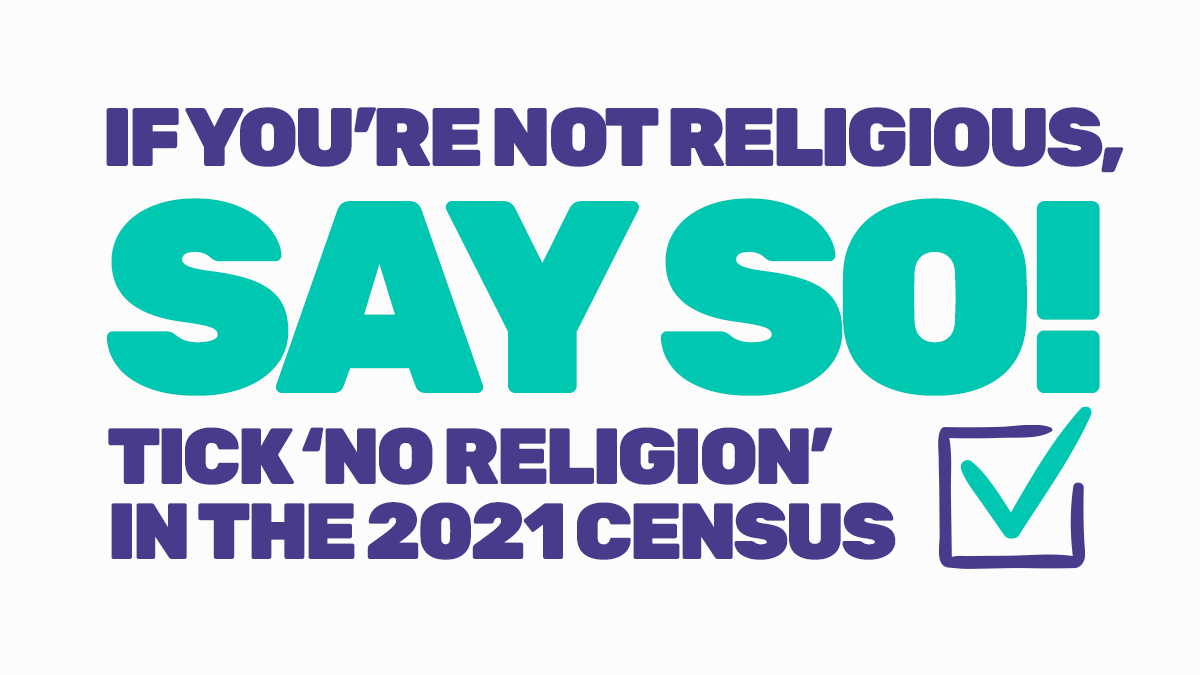How the Census undercounts the non-religious
The leading question on religion was first added to the Census in 2001. In England and Wales it asks ‘What is your religion?’ and in Scotland and Northern Ireland it asks ‘What religion, religious denomination or body do you belong to?’ The Office of National Statistics (which runs the Census in England and Wales), the UK Government, equality bodies, and many other organisations have all recognised that there is a problem with this question, as it assumes that respondents do have a religion.
Its placement in the context of questions about ethnicity and national identity and the lack of guidance about in what ‘having’ a religion means leads, as the ONS acknowledges, to the results capturing the broadest possible swathe of the population as being ‘religious’, whether individuals are practising, believing, belonging, or simply very loosely culturally affiliating to a religion. This means that some people say they are religious simply because they were brought up as religious, or were Christened, or got married in church, or just because they think ‘this is a Christian country’ and they do not belong to any other religion.
As a result, and by contrast with all other surveys, the Census hugely underestimates the number of non-religious people in the UK, leading (for example) to quite inadequate provision of non-religious pastoral support in hospitals, or inclusion of non-religious beliefs in religious education curricula by local authorities. Similarly religious groups and the media might misrepresent you as a fully-fledged believer when you’re not. As a result the needs of non-religious people are still not properly met.
What other surveys say
The British Social Attitudes Survey asks ‘Do you regard yourself as belonging to any particular religion?’ and in 2018 recorded 52 percent of respondents as non-religious. In contrast, the 2011 England and Wales Censuses found only 25 percent ticking ‘no religion’.
What we’ve done to try to change the question
Since the 2011 Census, we tried to persuade the Office of National Statistics (which is responsible for the England and Wales Census) to change the religion question to not presume people are religious. This included through meetings, consultations, extensive correspondence, and membership of their ‘Diversity Advisory Group’. But they refused, largely because they wanted to ask the same question in 2021 as they did in 2001 and 2011 – so that the data would be comparable across Censuses.

